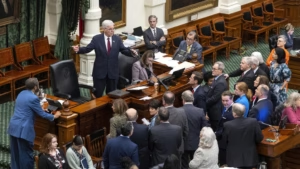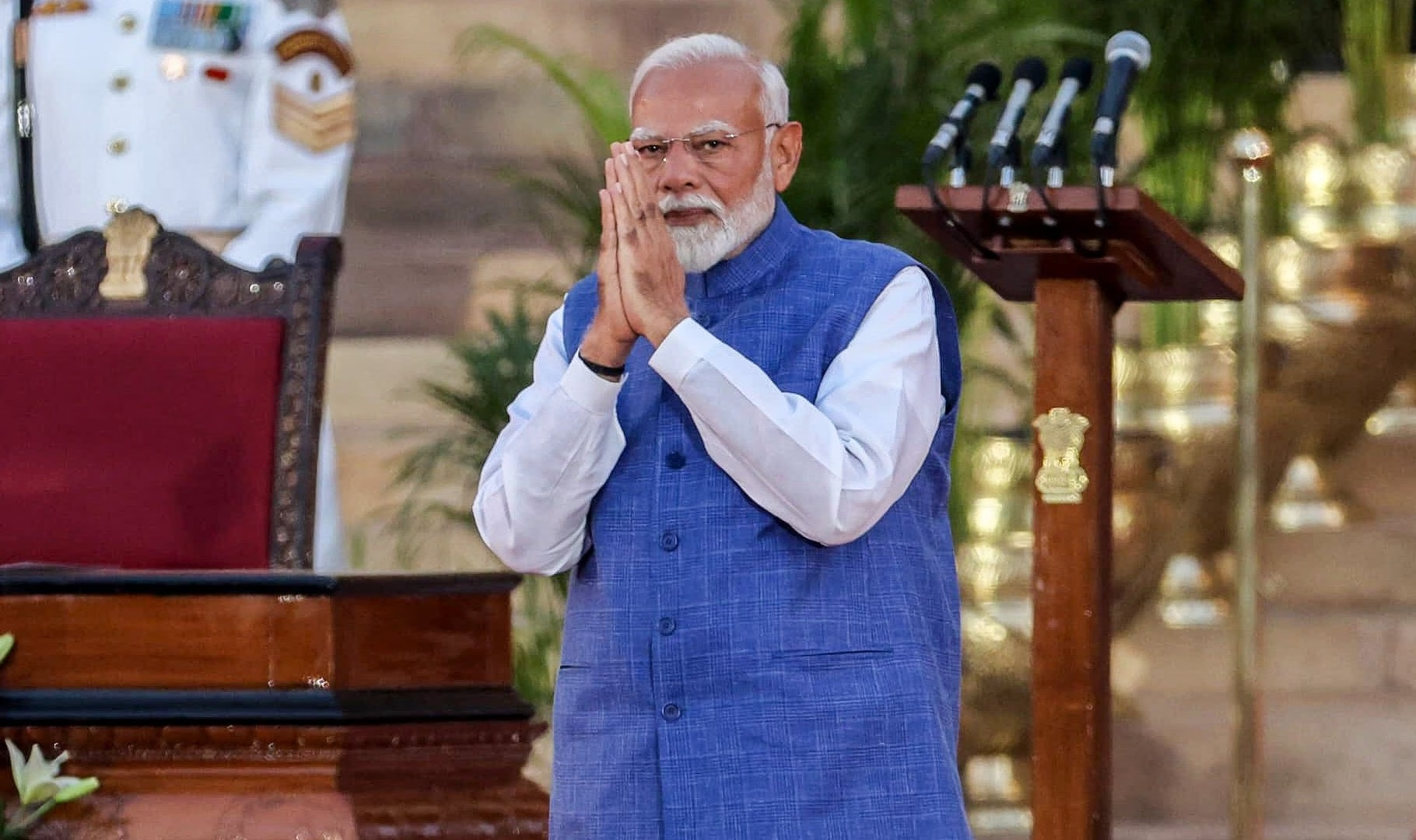The bill, initiated by Prime Minister Narendra Modi’s Bharatiya Janata Party (BJP), mandates the automatic removal of elected officials detained for 30 consecutive days on charges with a minimum sentence of five years.
During the bill’s presentation in parliament, opposition members tore legislative papers and threw them at India’s Home Minister Amit Shah, leading to the suspension of the session amidst chaos.
The opposition, strengthened in the 2024 elections where the BJP lost its majority, criticizes the bill as an “undemocratic” weaponization of laws against dissent. They argue it could be abused against political rivals.
However, the government defends the measure, claiming it will combat corruption and criminal activities among public representatives.
What does the bill propose?
The Modi government introduced the Constitution (One Hundred and Thirtieth Amendment) Bill, 2025, in parliament. This amendment stipulates the automatic removal of elected leaders arrested and detained for 30 consecutive days on serious charges.
A provision for reappointment is included, allowing leaders to return to their posts if they secure bail or are acquitted. The government argues that this measure reinforces accountability and public trust.
The amendment has been referred to a joint parliamentary committee for further review, following opposition protests.
What is the opposition saying?
Opposition leaders contend that the bill could be misused for political victimization. They highlight risks in law enforcement agencies possibly leveraging the bill against dissenters without the need to prove charges in court.
Critics argue that the law could undermine India’s federal structure, giving the central government excessive power over state governments and curtailing the people’s right to choose their government.
Are the opposition’s allegations valid?
Since 2014, the opposition has accused the Modi government of using agencies like the Enforcement Directorate (ED) and the Central Bureau of Investigation (CBI) to target political rivals. Statistics support this claim, with a significant increase in cases against opposition politicians compared to previous administrations.
Commentators note that while the risk of abuse exists, the bill’s actual impact is debatable, especially given the Modi government’s current lack of a two-thirds majority needed to pass a constitutional amendment without support from opposition parties.
Is this a distraction?
Critics and political observers suggest that the bill serves as a distraction amidst controversy over electoral roll revisions and foreign policy challenges, including tariffs imposed by the United States. The bill’s introduction forces opposition parties to take a stance, potentially influencing public opinion and campaign strategies.
The bill has sparked debate over the balance between combating corruption and preserving democratic principles, with both sides presenting valid arguments. The resolution of this debate remains to be seen as the political landscape in India evolves.








